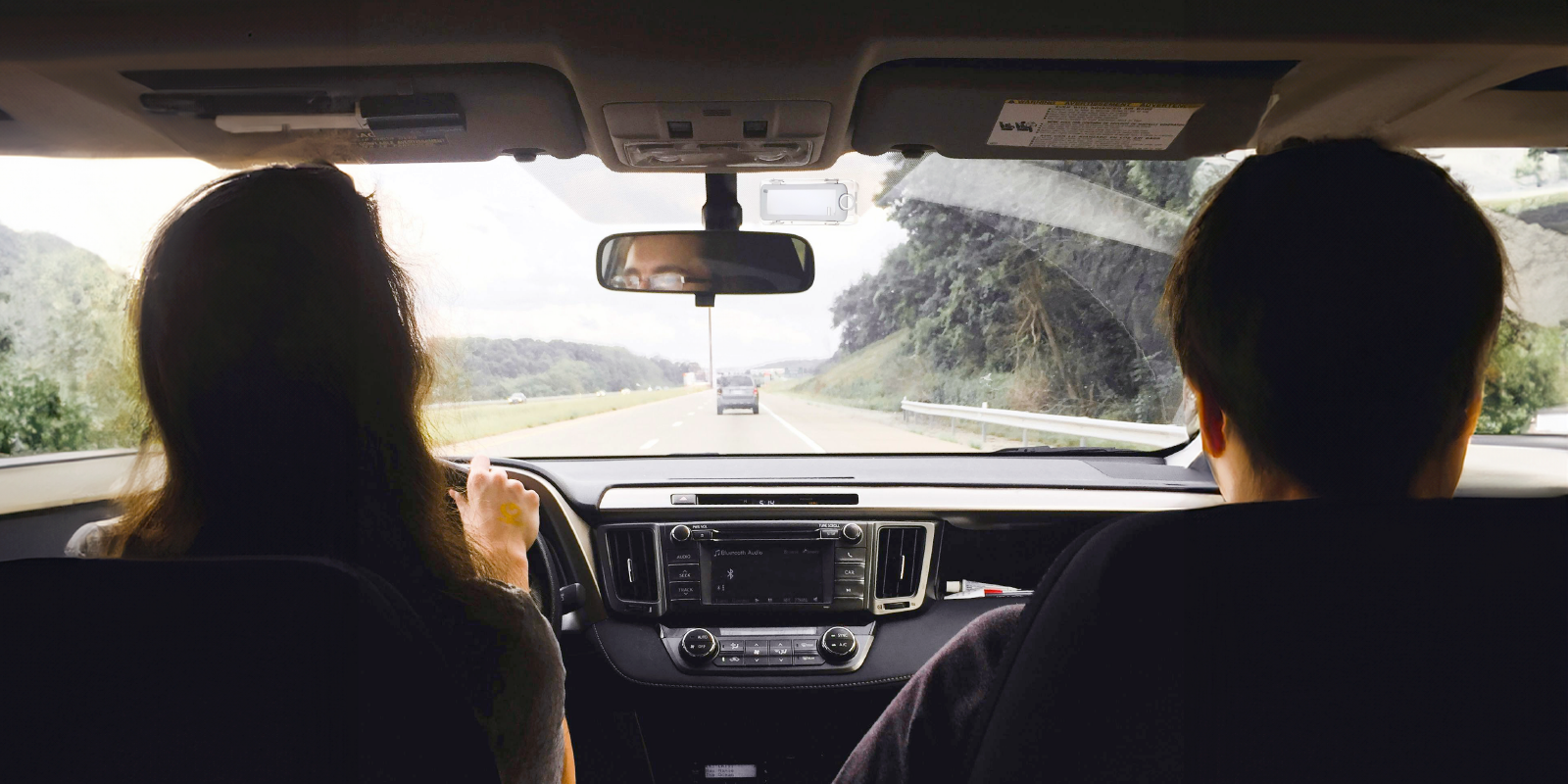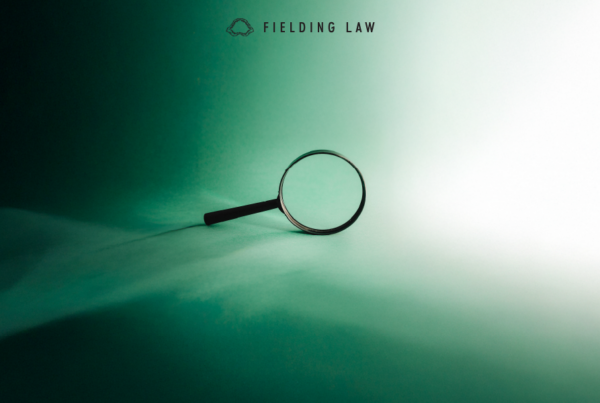Embarking on the journey to enhance your driving safety with a dash camera is a commendable step. At Fielding Law, we understand the significance of choosing the right dash cam to safeguard your interests on the road. As advocates for your well-being, we want to guide you through the essential considerations when purchasing a dash camera. Our commitment goes beyond legal expertise; it extends to empowering you with tools that promote safety and security. Here is a comprehensive guide on what you need to know before buying a dash camera:
What Should I Consider When Choosing a Dash Camera?
1. Resolution:
- Look for a dash cam with at least 1080p resolution for clear and detailed footage.
- Higher resolution (2K or 4K) cameras offer sharper images but may come at a higher price.
2. Field of View:
- A wider field of view, typically 120 to 170 degrees, captures more of the surroundings.
- A wider angle is beneficial for recording incidents that occur on the sides of your vehicle.
3. Low-Light Performance:
- Opt for a dash cam with good low-light performance to ensure visibility in various lighting conditions, especially at night.
4. Loop Recording:
- Loop recording overwrites the oldest footage when the memory card is full. Ensure this feature is available to continuously record without manual intervention.
5. Storage Capacity:
- Dash cams use microSD cards for storage. Choose a camera that supports a sufficient capacity based on your recording needs.
- Consider high-endurance cards designed for continuous writing in a dash cam.
6. Impact and Motion Detection:
- Cameras with G-sensors automatically save footage in the event of a collision or sudden impact.
- Motion detection activates recording when the car is parked, capturing any activity around the vehicle.
7. Parking Mode:
- Some dash cams have a parking mode that records incidents while the car is parked. This requires hardwiring the camera to the vehicle’s power.
8. Wi-Fi and Connectivity:
- Cameras with Wi-Fi allow you to connect to a smartphone app for easier access to footage.
- Check for compatibility with both iOS and Android devices.
9. Build Quality and Design:
- Ensure the dash cam is well-built and can withstand varying temperatures.
- Consider discreet designs if you prefer the camera to be less noticeable.
10. Brand Reputation and Reviews:
- Research and choose reputable brands with positive customer reviews.
- Look for cameras that receive regular firmware updates for improved performance.
11. Installation and Removal:
- Consider how easy it is to install and remove the dash cam.
- Some models come with adhesive mounts, while others use suction cups.
12. Audio Recording:
- Check if the camera records audio. Some jurisdictions have regulations regarding audio recording without consent.
13. GPS Capability:
- Cameras with GPS can log your speed and location, providing additional information in case of an incident.
14. Temperature Resistance:
- Ensure the dash cam can withstand the temperature extremes of your geographical location, especially in hot climates.
15. Cost and Budget:
- Establish a budget based on your preferences and needs. Higher-end models may have advanced features but come with a higher price tag.
Fielding Law Your Auto Accident Attorneys
As you venture into the world of dash cameras, Fielding Law encourages you to prioritize safety and protection. Your choice of a dash cam is not merely a technological decision; it is a proactive measure to secure your rights on the road. Whether it is capturing evidence in an unfortunate incident or acting as a deterrent against fraudulent claims, your dash cam becomes a vital ally. Trust in Fielding Law to not only provide legal support when needed but also to empower you with knowledge and tools that enhance your overall safety. Make a confident choice, knowing that your Fielding Law dash camera is there to be your silent witness, guardian, and advocate on the road ahead.
Note: Information provided is for educational purposes and does not constitute legal advice. Always consult with a qualified attorney for legal concerns.





